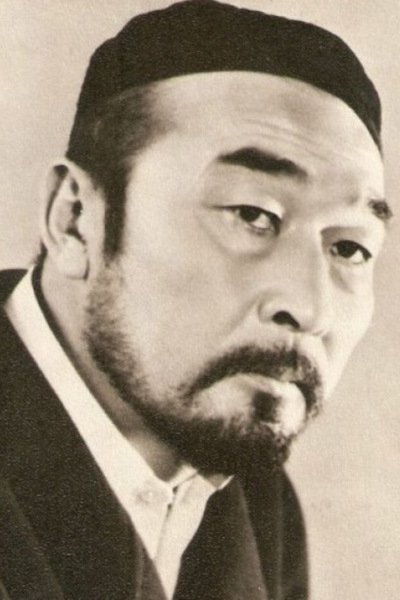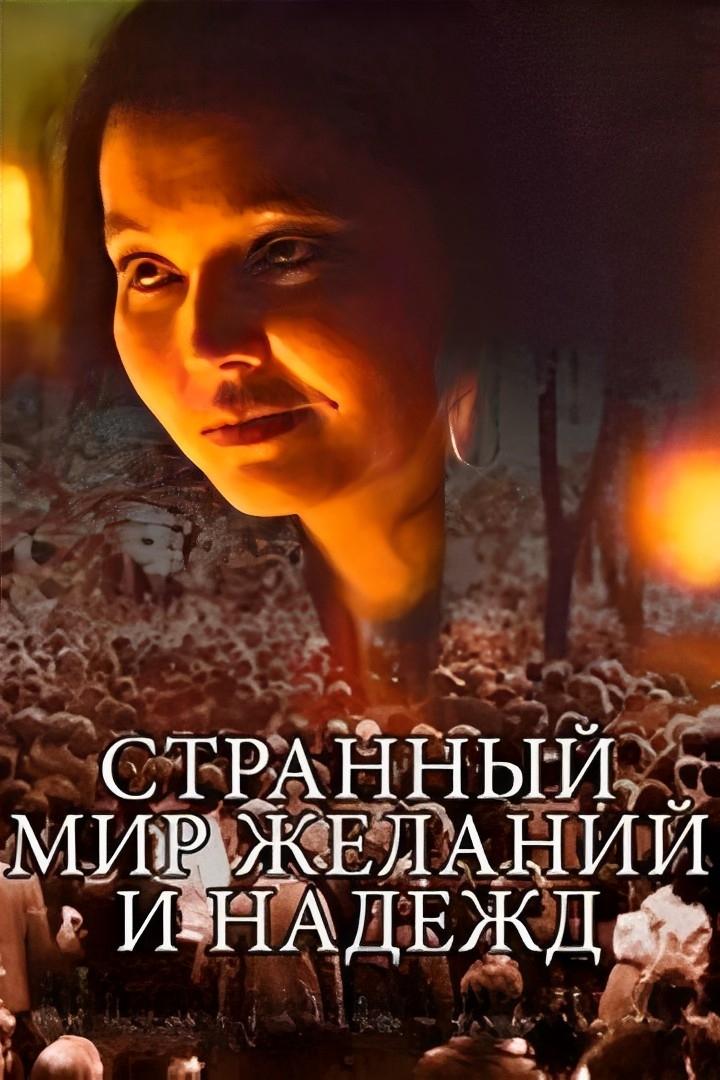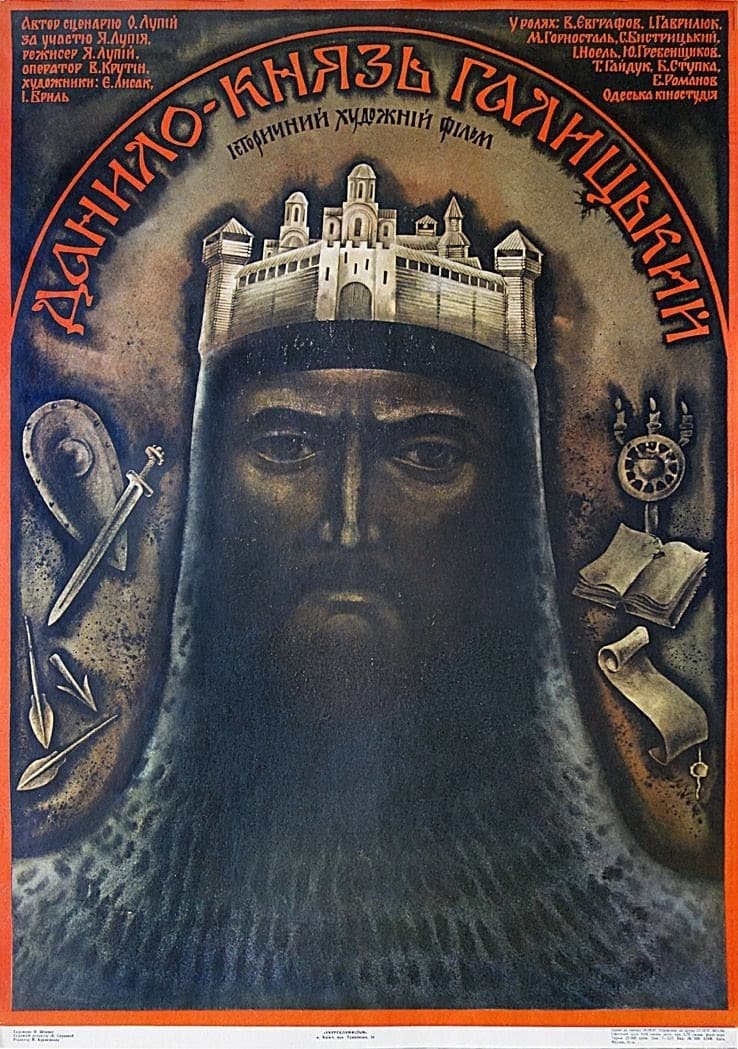

Nurmukhan Zhanturin was born in the settlement of Kondaurovo, Guriev Region (now known as Atyrau Region, Kazakhstan) on April 22, 1928. At the age of 14 he started working as an operator's assistant in a Guriev oil prospecting group, and later attended motion picture operator courses in Alma-Ata. He graduated from Alma-Ata Movie School in 1950 and the Acting Dept. of the Ostrovsky Institute of Performing Arts (Tashkent) in 1952[4] and soon joined Auezov Theater. His first screen roles go back to 1948, while 1967 saw Zhanturin officially employed at Kazakhfilm Studios. He returned to the theater in 1988 and continued to work there until his death in 1990. Zhanturin's best-known roles include Chokan Valikhanov (eponymous play by Sabit Mukanov), Kodar (Kozy Korpesh — Bayan Sulu by Gabit Musirepov), Kebek and Syrym (Enlik-Kebek and Karakoz by Mukhtar Auezov), Arman (One Tree Does Not Make a Forest by Abdilda Tazhibaev), Kaben (Unquenchable Fire by Zeinulla Kabdulov), Sanzhan (Unfunny Comedy by Akim Tarazi), Doctor (The Forgotten Man by Nâzım Hikmet), Sintaro (A Woman's Life by Kaoru Morimoto), Molière (The Cabal of Hypocrites by Mikhail Bulgakov), as well as Iago and Macbeth in Shakespeare's Othello and Macbeth (the latter in a production at the Seifullin Theater in Karaganda). Mark Donskoy spotted Zhanturin's talent when scouting the Central Asia for actors for his movie Alitet Leaves for the Hills (after a 1950 novel by Syomushkin). Nurmukhan played the role of a young man named Tumatuge. This first screen role paved his way to popularity. Nurmukhan's other well-known roles included Kerim (Daughter of the Steppes, 1954), Dzhoomart (Saltanat, 1955), Alzhanov (On the Wild Coast of the Irtysh, 1959), Abakir (Heat, 1962), Tagay (Dzhura, 1964), Tanabay (The Trotter's Gait, 1968), Ablaykhanov (The End of the Ataman, 1970), Kurmangazy (Kurmangazy, 1974). He first appeared as Shoqan Walikhanov in the 1957 movie His Time Will Come (directed by Mazhit Begalin). Zhanturin's eponymous role in Sultan Baybars brought him a prize for Special Achievements in Acting (shared with Nonna Mordyukova) at Sozvezdie-90 USSR national festival. He performed a total of more than 50 roles on screen

There is a rather bizarre planet in the universe. The...

XIII century. Prince Daniel of Galicia returned from the Horde,...